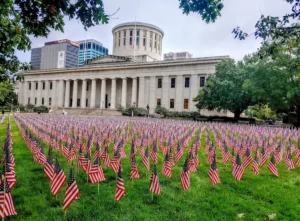Depression in Seniors
Unfortunately, the senior population deals with instances of depression more often than others, and depressive symptoms are more common in older people than younger individuals. It is important to recognize the signs of depression, so treatment can be sought and symptoms can be alleviated. The earlier that a depressed person receives help, the sooner the symptoms will be alleviated and the quicker the recovery. There are a variety of symptoms of depression, and consulting with a doctor can help determine the next steps towards getting help.
Symptoms of Depression
If you have experienced four or more of the following symptoms nearly every day for more than two weeks, you may be suffering the psychological disorder known as depression. Review the following symptoms and seek help from a doctor if needed:
- Feelings of sadness, anxiety, hopelessness
- Lack of interest or pleasure in usual activities and pastimes
- Increase or decrease in appetite or unexplained weight gain or loss
- Frequent backaches, headaches, stomach problems, or other aches that don’t respond to treatment
- Insomnia or excessive sleepiness
- Low energy, fatigue, and tiredness
- Feeling restless or irritable
- Inability to concentrate, remember, or make decisions
- Frequent thoughts of suicide or death
This is not an exhaustive list of symptoms of depression. If you feel that there is something wrong or you don’t feel like yourself, consult with a doctor. A doctor can help get to the root of the problem and provide solutions.
Seeking Treatment
If you recognize these signs within yourself, consider consulting with and seeking treatment from a doctor. There are treatments options available that can help alleviate these symptoms. Options include counseling, antidepressant medications, and home treatment amongst others. With treatment, you may be able to overcome these symptoms.
If you or someone you care for is dealing with depressions, consider consulting with a doctor and encouraging your loved one to consult with a doctor.


